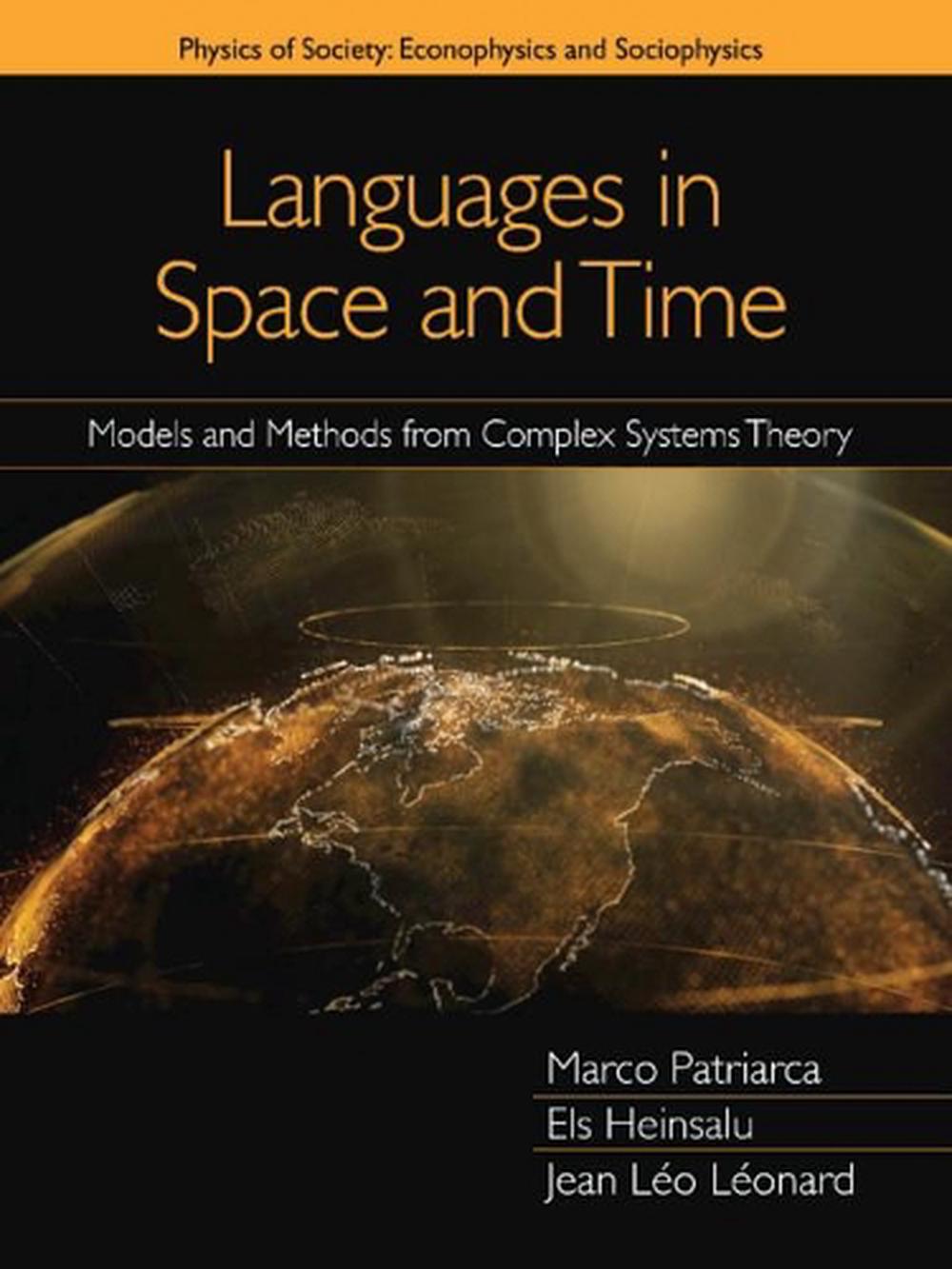
Languages in Space and Time
models and methods from complex systems theory
$334.35
- Hardcover
220 pages
- Release Date
29 October 2020
Summary
Languages in Space and Time: A Complexity Theory Perspective
This cross-disciplinary volume provides an overview of how complexity theory and the tools of statistical mechanics can be applied to linguistic problems to help reveal language groups, and to model the evolution and competition of languages in space and time. Illustrated with a series of case studies and worked examples, it presents an interdisciplinary framework to enable researchers from the mathematical, physical and s…
Book Details
| ISBN-13: | 9781108480659 |
|---|---|
| ISBN-10: | 1108480659 |
| Series: | Physics of Society: Econophysics and Sociophysics |
| Author: | Marco Patriarca, Els Heinsalu, Jean Leó Leonard |
| Publisher: | Cambridge University Press |
| Imprint: | Cambridge University Press |
| Format: | Hardcover |
| Number of Pages: | 220 |
| Release Date: | 29 October 2020 |
| Weight: | 510g |
| Dimensions: | 246mm x 192mm x 15mm |
About The Author
Marco Patriarca
Marco Patriarca got his PhD from the University of Perugia in 1993 on nonequilibrium classical and quantum diffusion. He is currently working as senior researcher at the National Institute of Chemical Physics and Biophysics, Tallinn, Estonia. His areas of interest includes stochastic processes, diffusion processes, brownian motion , condensed matter, quantum mechanics and physics of language.
Els Heinsalu got her PhD from the University of Tartu in 2008 in Theoretical Physics. She worked on important topics, including stochastic resonance, individual based models, and complex systems at IFISC and at Niels Bohr International Academy. She is currently holding a position of senior researcher at the National Institute of Chemical Physics and Biophysics Tallinn, Estonia. Her areas of interest are statistical physics and its applications to complex systems, modeling of language competition and stochastic processes.
Jean Leó Leonard got his PhD. From Université de Provence in 1991 on empirical sociolinguistics,. He was initially trained as a Finno-Ugrist, on Finnic languages, especially Finnish and Estonian, at Inalco. Since 1991 he has carried on fieldwork and theoretical research on several languages and dialects including Mesoamerican languages (Mayan, Otomanguean, Totonaco-Tepehua and Huave). He has been developing interdisciplinary research for dialectology and Complexity Theory since 2010. He is currently holding the position of full professor of Linguistic Typology and Linguistic Diversity at Paris-Sorbonne University.
Returns
This item is eligible for free returns within 30 days of delivery. See our returns policy for further details.




